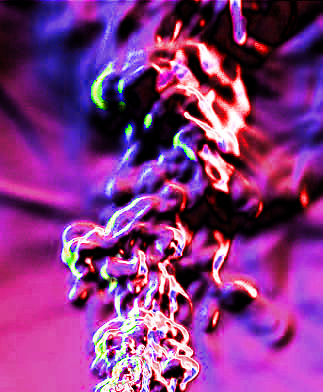Methane panel forming
 Chief Scientist Dr Cathy Foley will lead a new expert panel on methane emissions reporting.
Chief Scientist Dr Cathy Foley will lead a new expert panel on methane emissions reporting.
The government has announced the appointment as part of broader efforts to enhance the accuracy and transparency of greenhouse gas reporting under the National Greenhouse and Energy Reporting (NGER) scheme, following recommendations from the Climate Change Authority (CCA).
The CCA's review, requested by Climate Change and Energy Minister Chris Bowen, concluded that the NGER scheme is essential to Australia's international emissions reporting obligations and the nation's transition to net-zero emissions.
The review made 25 recommendations to improve the scheme, focusing on methane emissions measurement and transparency.
The government says it has accepted 24 of these recommendations, including the creation of the expert panel that Dr Foley will lead.
The panel will advise the government on the potential use of atmospheric measurement technologies to improve methane emissions estimates from fossil fuel activities.
This work will be informed by a government-commissioned scientific study that tests various atmospheric measurement methods, including satellite, plane, vehicle, and ground-based approaches.
Methane, a potent greenhouse gas, is increasingly under scrutiny.
According to the Climate Council, methane levels are at their highest in 800,000 years, significantly contributing to global warming.
Professor Lesley Hughes of the Climate Council has described methane as a “climate supercharger”, which traps 85 times more heat than carbon dioxide over a 20-year period.
She says Australia’s significant methane emissions, particularly from agriculture and fossil fuel mining, could be underreported by as much as 60 per cent.
Despite Australia’s commitment to the Global Methane Pledge, which aims to cut global methane emissions by 30 per cent by 2030, the Climate Council has criticised the lack of a national plan to meet this target.
Mr Bowen says accurate emissions reporting is key.
“Methane is among the world’s most powerful greenhouse gases. It is essential that our measurement approaches continue to improve, based on sound science and expert analysis,” he said.








 Print
Print